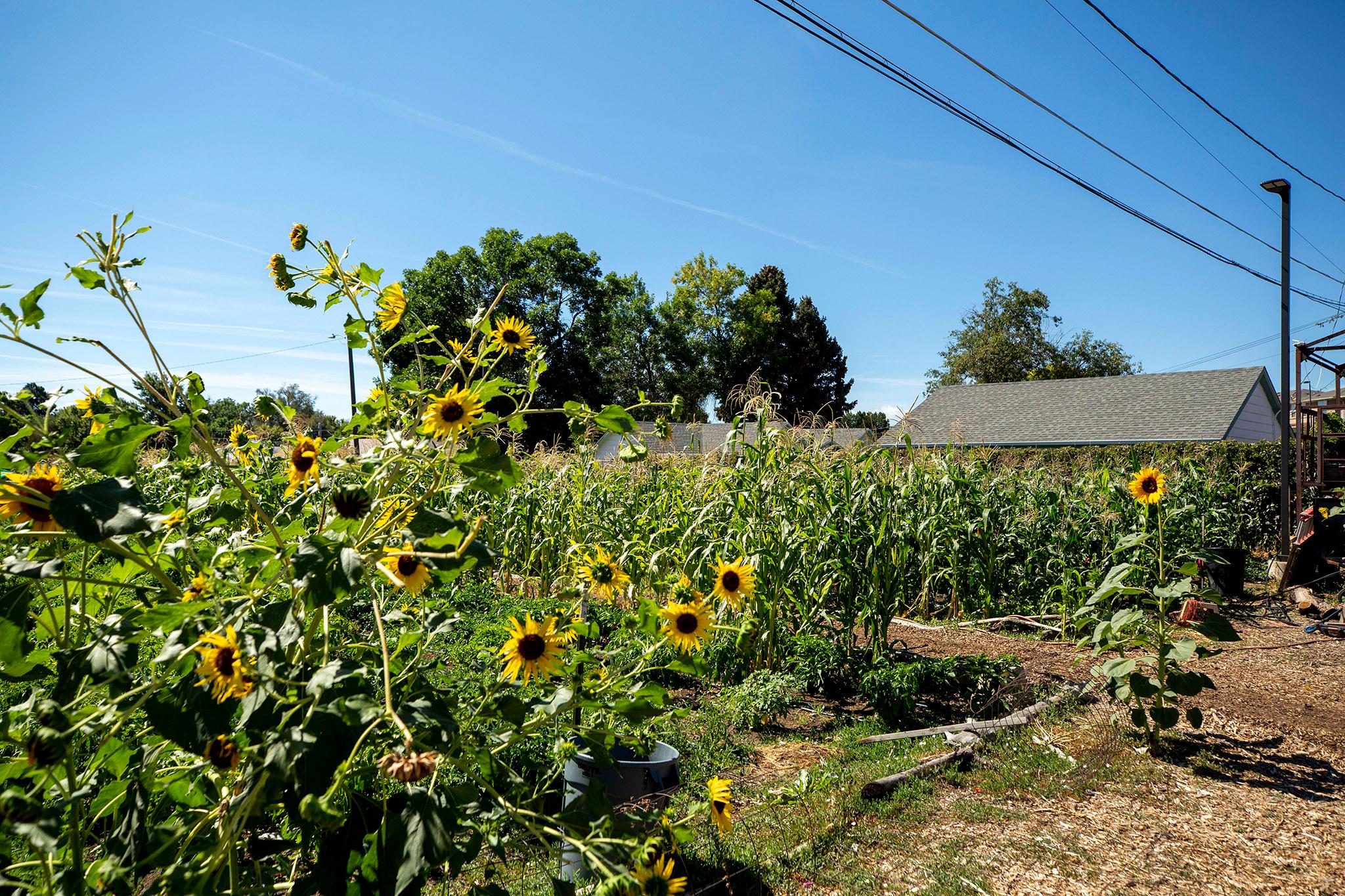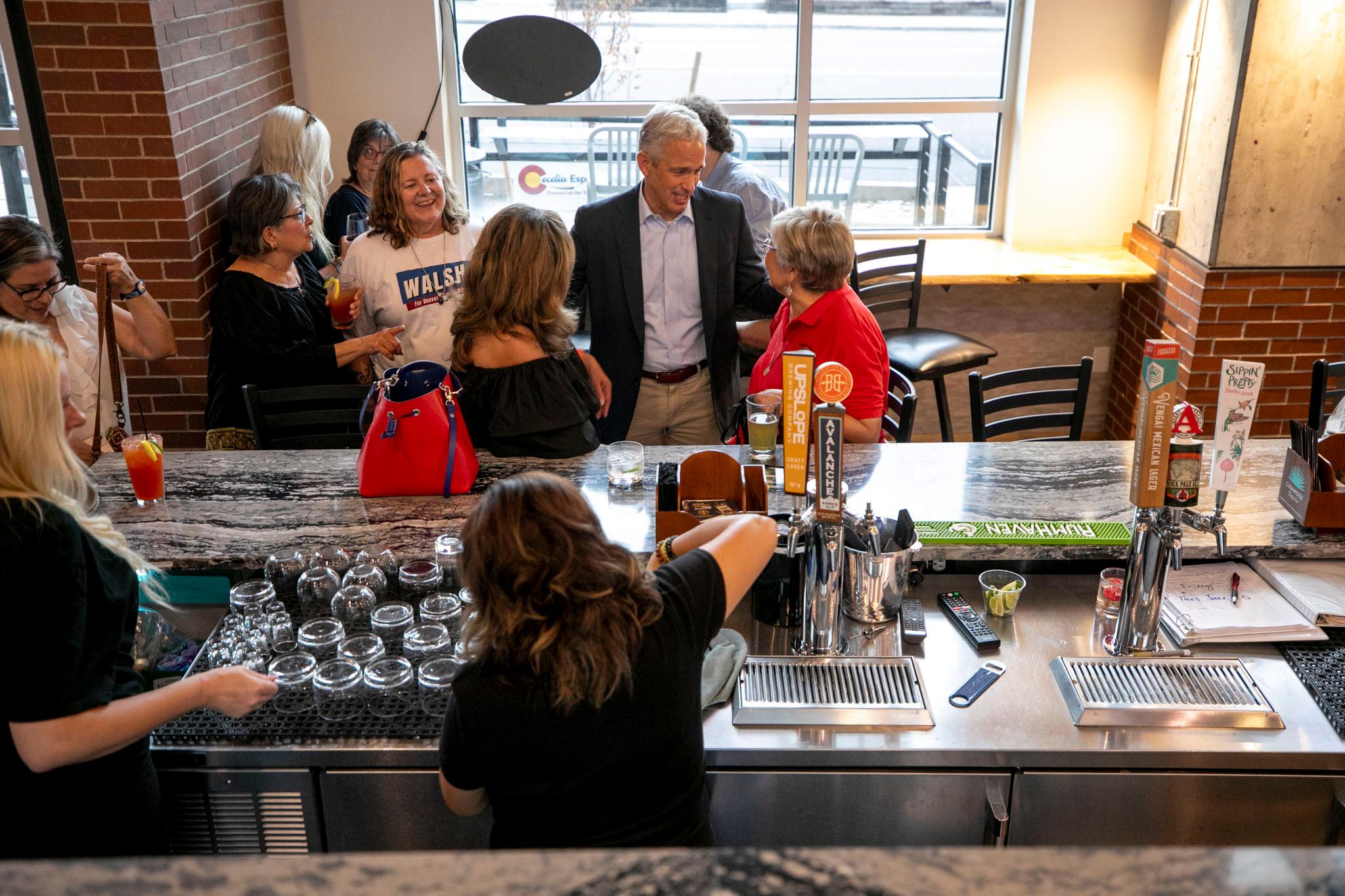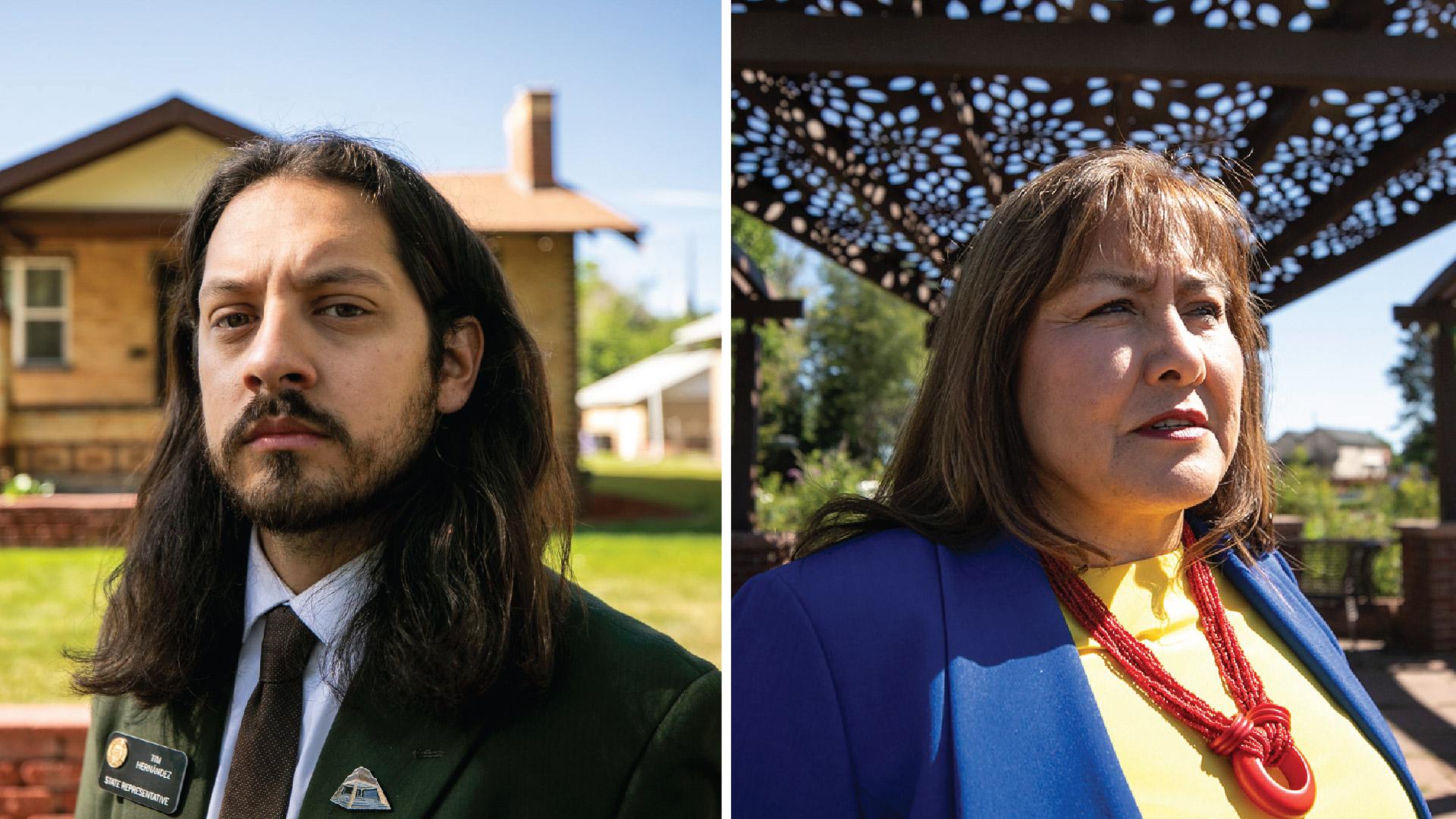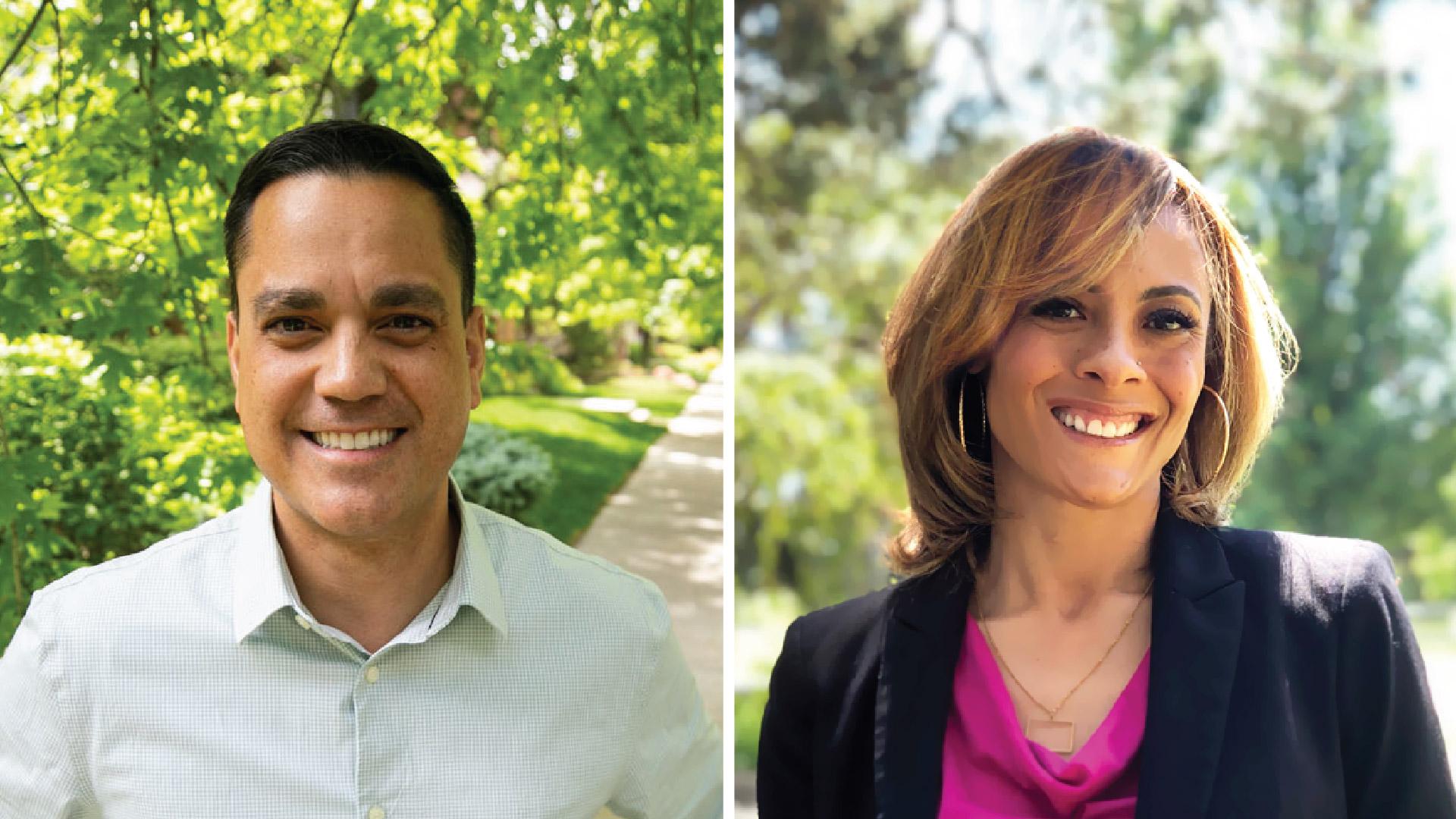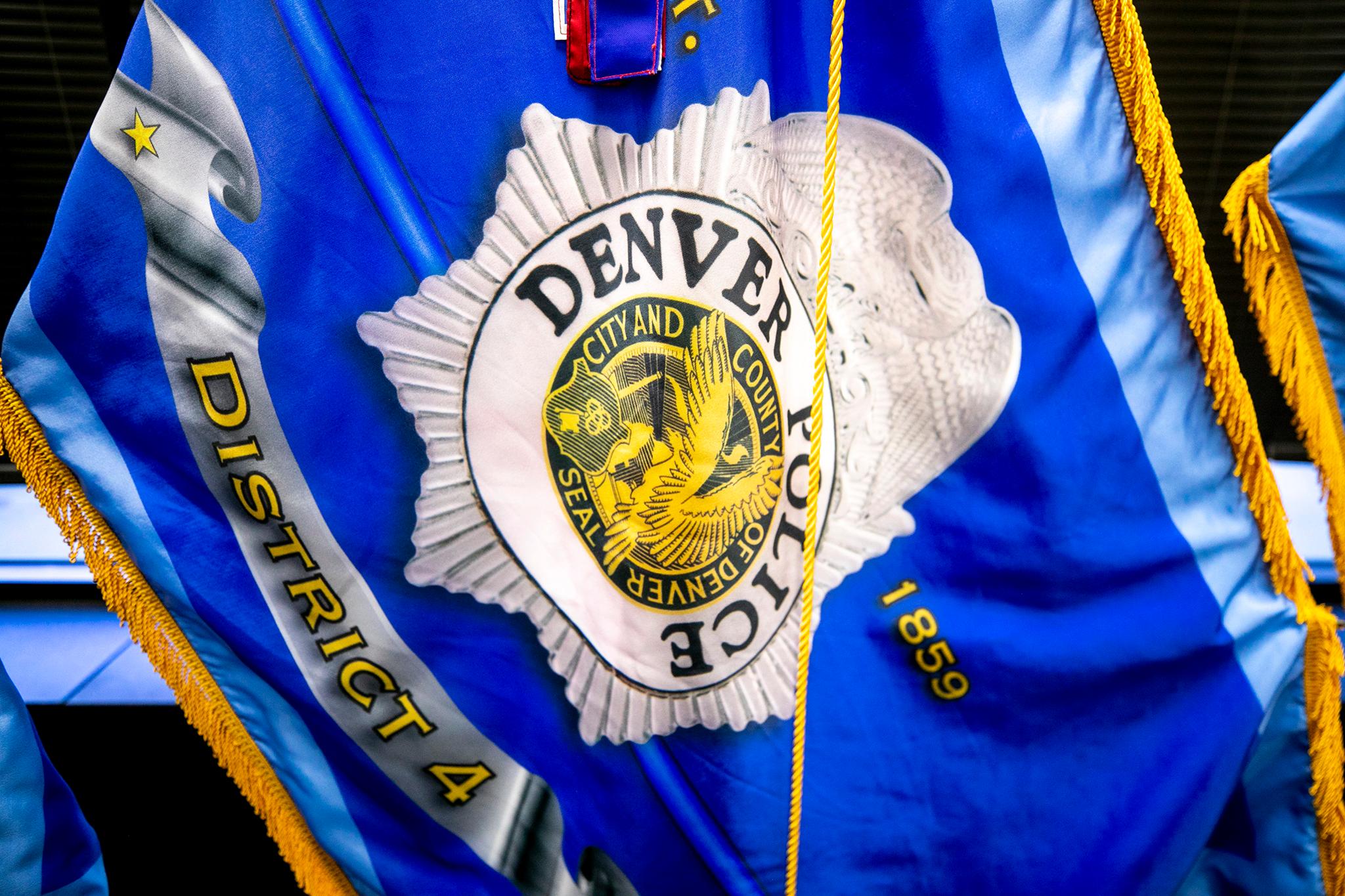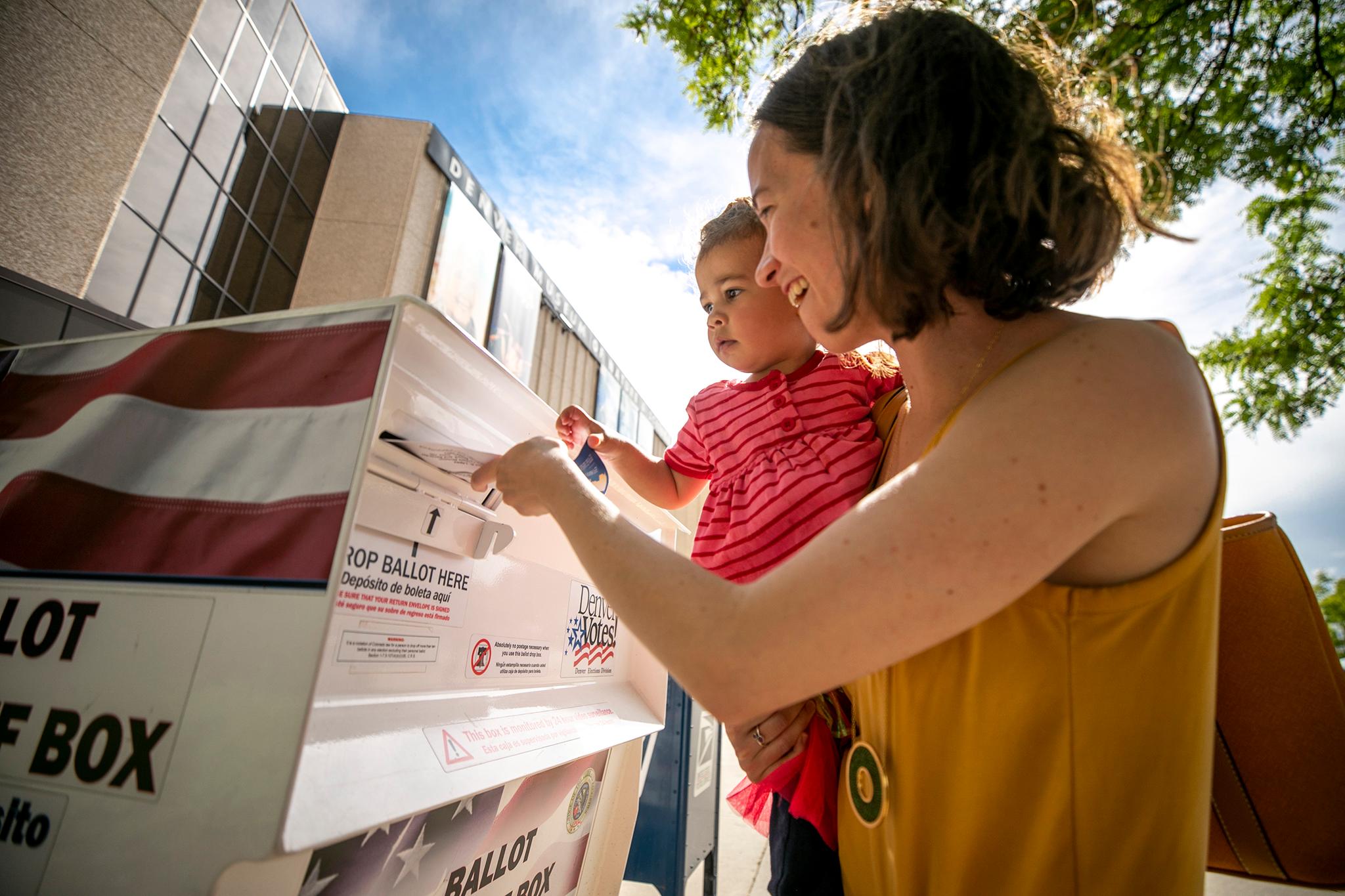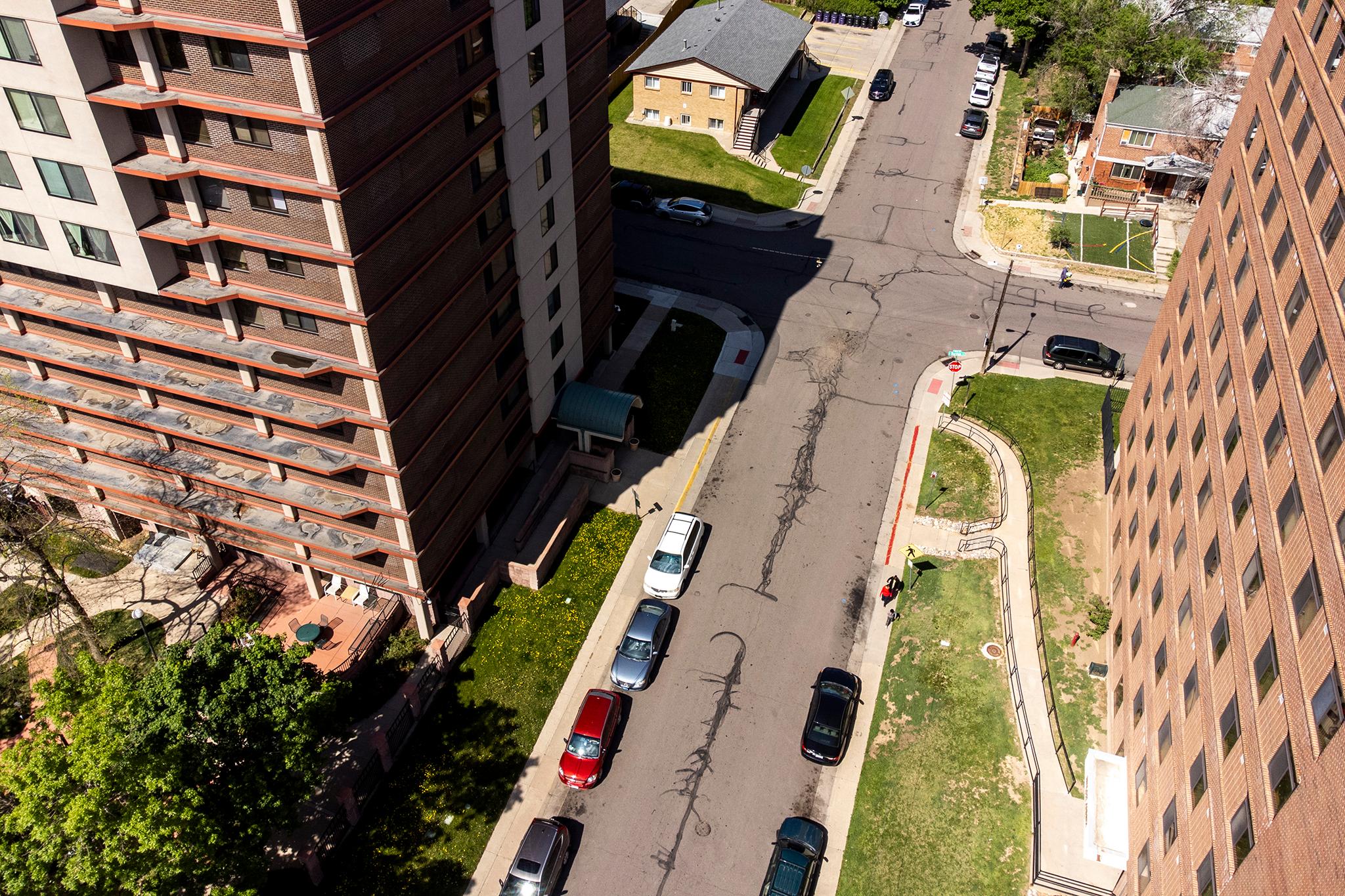Re:Vision, a Westwood-based nonprofit, is expanding its urban farm program to a 1 acre tract of land just off of Federal Boulevard.
Mariana del Hierro, Re:Vision’s executive director, said they were able to purchase the land using an $800,000 grant from Representative Diana DeGette’s office. The property has sat empty for years, and plans to develop it into affordable housing never progressed.
Instead, Re:Vision will use it to expand its urban agriculture work, which already produces about 90,000 pounds of food per year from three urban gardens, 120 family gardens and 20 community gardens. That food is used to feed about 800 families per year through the group’s free grocery, as well as its community-supported agriculture boxes. Its new Mississippi Avenue farm will produce an estimated 40,000 pounds of food per year.
“Since the start of the organization, since 2007, the team has taken a lot of care to be able to plant things that are culturally responsive to the community we work in,” del Hierro said, translating on behalf of Re:Vision farm manager David de Santiago. “So a lot of products that are more a part of the Mexican diet like squash, tomatoes, chilies, onions and corn, et cetera. And then a lot of other ones are introduced into the diet like eggplant, et cetera.”
More than half of the farm will be ready for crops to be planted by the end of June, de Santiago said. The group will need another year to build more farm infrastructure and make the rest of the soil tillable. Once the farm is fully operational in 2025, it will boast a community classroom and hoophouse greenhouses to sustain year-round growing.
Re:Vision’s new urban farm is the latest of its efforts to address food insecurity in the Westwood neighborhood, which is made up of predominantly Hispanic families. The city of Denver has recognized the neighborhood as one that lacks reliable access to healthy food, due to many residents having low incomes and limited access to a vehicle.
Del Hierro and Re:Vision already have eyes on a spot for another new garden. They’ve submitted a bid to the City of Denver to activate Osceola Park, currently a barren plot of land at Dry Gulch Park, and turn into into an urban farm for the Villa Park neighborhood.

